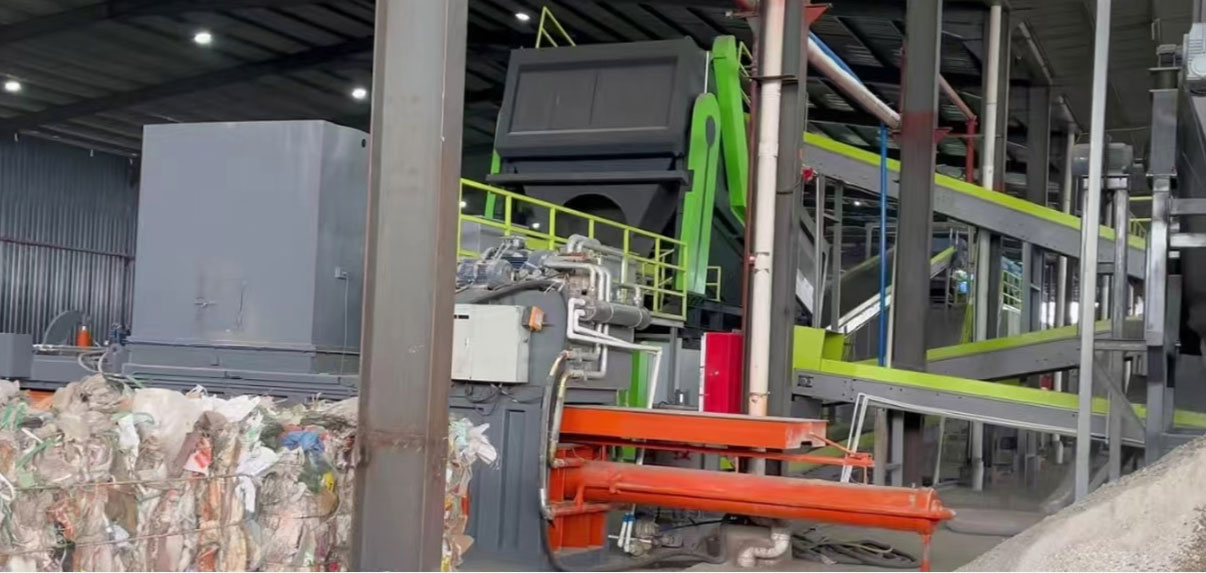 Time:2024-11-20
Time:2024-11-20
 Source:青绿环境
Source:青绿环境
The finished products after sorting of construction waste mainly include the following categories. These products not only contribute to environmental protection and resource conservation but also create economic benefits, reflecting social responsibility and environmental awareness:

- Recycled Aggregates: Including crushed concrete gravel, mortar fragments, and broken bricks, which can be used for masonry mortar, plaster mortar, concrete bedding, etc., and can also be used to make building materials such as blocks, paving bricks, and patterned bricks.
- Recycled Bricks: Recycled aggregates made from waste bricks and tiles are used in brick-making machines to produce recycled bricks, blocks, wall panels, floor tiles, and other building materials. These recycled bricks are highly environmentally friendly and are widely used in squares, sidewalks, slow lanes, open squares, gardens, slope protection, foundation protection, highways, and overpasses.
- Spoil: Can be used for road construction, pile foundation filling, and foundation groundwork.
- Waste Wood: Undamaged wood can be directly reused for rebuilding structures, while severely damaged wooden components can serve as raw materials for wood-based panels or papermaking.
- Waste Asphalt Mixture: Can be directly used in recycled asphalt concrete in appropriate proportions.
- Waste Road Concrete: Can be processed into recycled aggregates for the preparation of recycled concrete.
- Scrap Steel, Rebar, and Other Scrap Metal Materials: Can be directly reused or recycled for processing.
- Recycled Planting Soil from Construction Waste: Made from the remaining silt and stone powder after sorting and crushing construction waste, mixed with various other wastes and peat soil with trace elements, this soil has high fertility, good aeration, and strong water retention.
Through the above methods, construction waste can not only be effectively treated and recycled but also make a significant contribution to environmental protection and resource conservation.













 Prev
Prev











